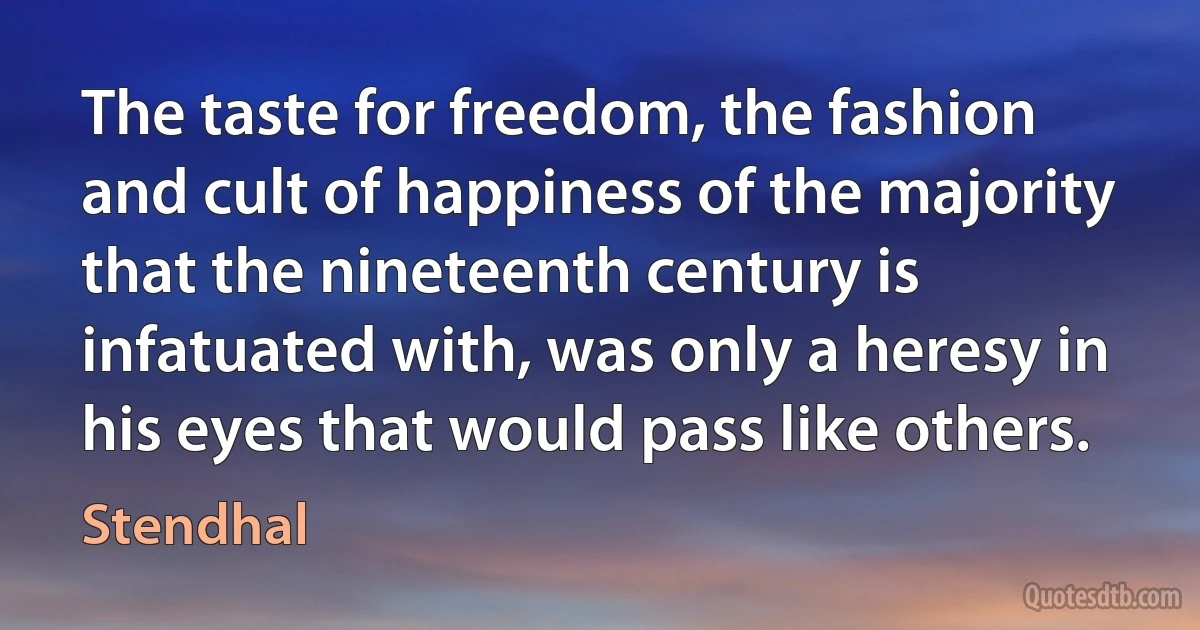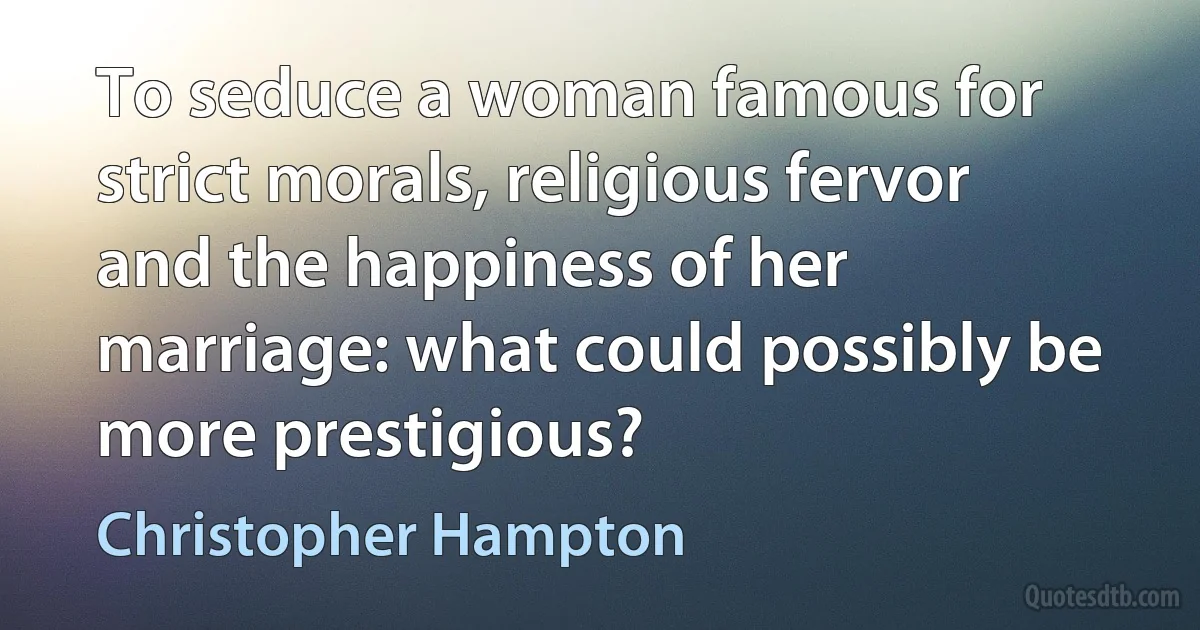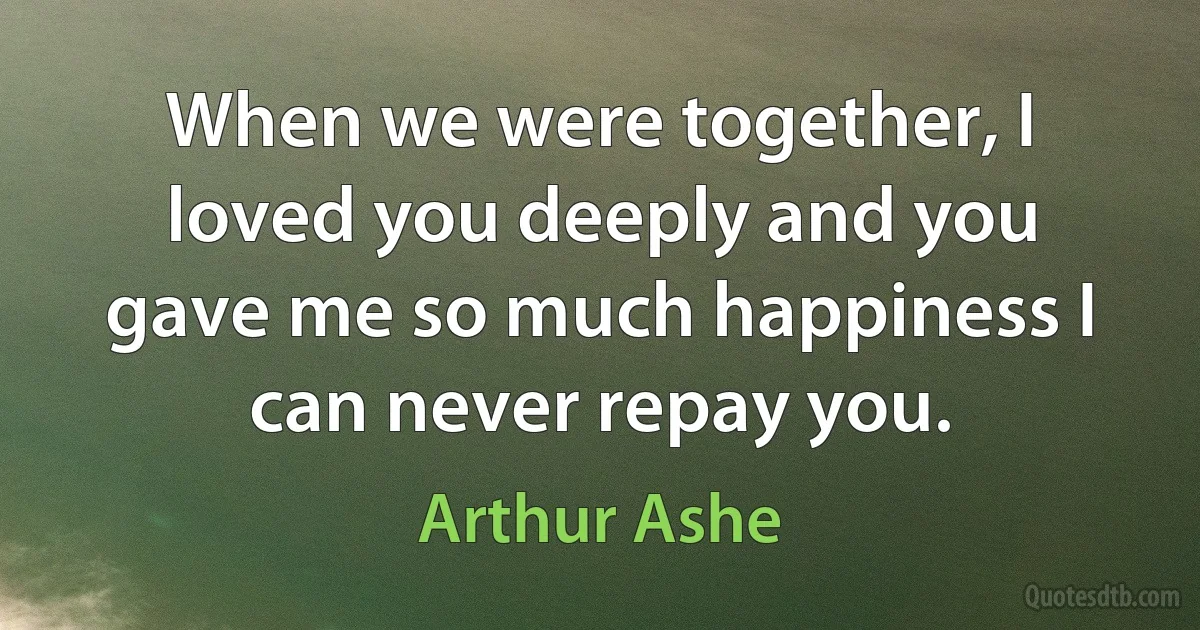Happiness Quotes - page 79
Now I had the power, I want to realize the goals of the Vietnamese revolution back in 1945. The goals were and still be right now is, they uh, independence, that means national sovereignty, the uh, freedom, and the happiness of the whole population. It was the national aim, strategically, but when I had the power the country was divided in two parts on the 17th parallel, we had insurgency in South Vietnam and I want to uh, how to said it, integrate the Front of Liberation, the non-communist people and the Front of Liberation with me and then uh...to fight the North Vietnamese if at that time, the North Vietnamese do not uh, did not want to have a peaceful solution in North Vietnam, in South Vietnam.

Nguyen Khanh
Those who see the existence of all mankind in their own person are miserable. Obviously, that man will disappear as an individual. The need for any person to be satisfied and happy to live is to work not for himself but for the future. An insightful man can only act this way. Full enjoyment and happiness in life, but the honor, presence, happiness of future generations can be found.

Mustafa Kemal Atatürk
In the field of modern business, so rich in opportunity for the exercise of man's finest and most varied mental faculties and moral qualities, mere money-making cannot be regarded as the legitimate end. Neither can mere growth of bulk or power be admitted as a worthy ambition. Nor can a man nobly mindful of his serious responsibilities to society view business as a game; since with the conduct of business human happiness or misery is inextricably interwoven.

Louis Brandeis
The makers of our Constitution undertook to secure conditions favorable to the pursuit of happiness. They recognized the significance of man's spiritual nature, of his feelings and of his intellect. They knew that only a part of the pain, pleasure and satisfactions of life are to be found in material things. They sought to protect Americans in their beliefs, their thoughts, their emotions and their sensations. They conferred, as against the government, the right to be let alone -- the most comprehensive of rights and the right most valued by civilized men.

Louis Brandeis
In the Greek world in which Homer's songs were sung, it was taken for granted that everyone's life is ruled by fate and chance. For Homer, human life is a succession of contingencies: all good things are vulnerable to fortune. Socrates could not accept this archaic tragic vision. He believed that virtue and happiness were one and the same: nothing can harm a truly good man. So he re-envisioned the good to make it indestructible. Beyond the goods of human life - health, beauty, pleasure, friendship, life itself - there was a Good that surpassed them all. In Plato, this became the idea of the Form of the Good, the mystical fusion of all values into a harmonious spiritual whole - an idea later absorbed into the Christian conception of God. But the idea that ethics is concerned with a kind of value that is beyond contingency, that can somehow prevail over any kind of loss or misfortune, came from Socrates. It was he who invented 'morality'.

John N. Gray
We have learned coordination of mind and body and the "ki breathing methods". Therefore we can bring the ki of the universe into our bodies at anytime. When a water pump is dried out, no water can flow from the well up through the pump. To start this flow again we must put some water back into the pump. In the same way, ki does not flow strongly in a person suffering from illness or misfortune. Let us practice "kiatsuho" to put back into these people, stimulate their own flow of ki, and give them a fresh start to happiness.

Koichi Tohei
Young men, have confidence in those powerful and safe methods, of which we do not yet know all the secrets. And, whatever your career may be, do not let yourselves become tainted by a deprecating and barren scepticism, do not let yourselves be discouraged by the sadness of certain hours which pass over nations. Live in the serene peace of laboratories and libraries. Say to yourselves first : ' What have I done for my instruction? ' and, as you gradually advance, 'What have I done for my country?' until the time comes when you may have the immense happiness of thinking that you have contributed in some way to the progress and to the good of humanity. But, whether our efforts are or not favoured by life, let us be able to say, when we come near the great goal, ' I have done what I could.

Louis Pasteur
What," said I, "does the puny creature mean by 'it'?" "He means himself," said the Sphere: "have you not noticed before now, that babies and babyish people who cannot distinguish themselves from the world, speak of themselves in the Third Person? But hush!"
"It fills all Space," continued the little soliloquizing Creature, "and what It fills, It is. What It thinks, that It utters; and what It utters, that It hears; and It itself is Thinker, Utterer, Hearer, Thought, Word, Audition; it is the One, and yet the All in All. Ah, the happiness ah, the happiness of Being!" "Can you not startle the little thing out of its complacency?" said I. "Tell it what it really is, as you told me; reveal to it the narrow limitations of Pointland, and lead it up to something higher." "That is no easy task," said my Master; "try you.

Edwin Abbott Abbott
Government is, or ought to be instituted for the common benefit, protection, and security of the people, nation, or community; of all the various modes and forms of government, that is best which is capable of producing the greatest degree of happiness and safety, and is most effectually secured against the danger of maladministration and [...] when any government shall be found inadequate or contrary to these purposes, a majority of the community hath an indubitable, inalienable, and indefeasible right to reform, alter, or abolish it, in such manner as shall be judged most conducive to the public weal.

George Mason
I may not be walking with you all the way, or even much of the way, as I walk with you now. Don't be angry with me if I am not there in person, alive and well, when you need me. I would like nothing more than to be with you always. Do not feel sorry for me if I am gone. When we were together, I loved you deeply and you gave me so much happiness I can never repay you. Camera, wherever I am when you feel sick at heart and weary of life, or when you stumble and fall and don't know if you can get up again, think of me. I will be watching and smiling and cheering you on.

Arthur Ashe



